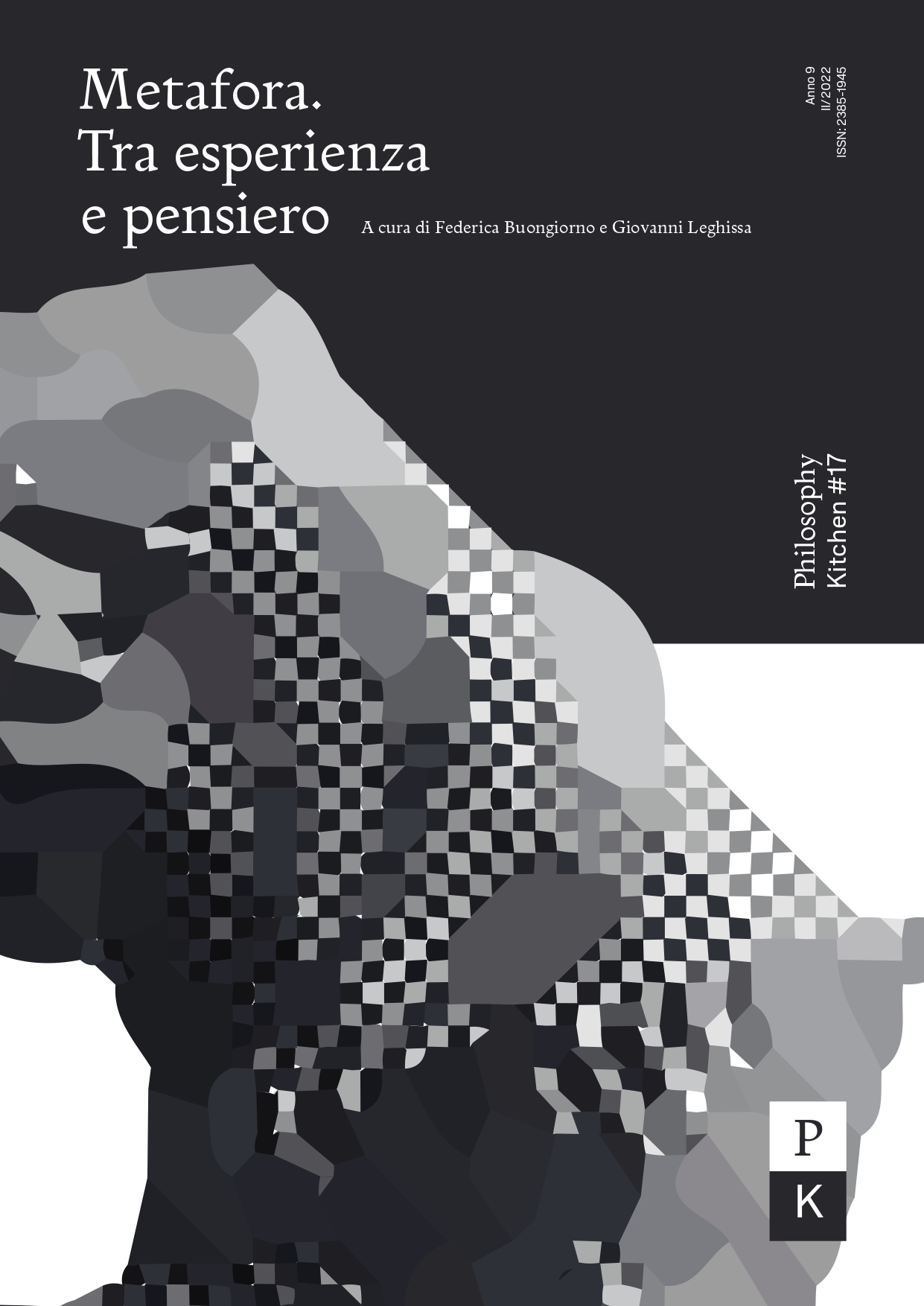Download Full Issue
Abstract
From the moment the discursive practice of the philosopher emerged as a form of knowledge superior to all others, metaphor was seen as a mere aid to be resorted to when theory does not work the way it is supposed to work. There has never been a shortage, however, of those who considered the concept dimension incapable of saturating the sense dimension, making it possible to eliminate the metaphorical dimension altogether. It would be during the course of the 20th century that philosophical discourse would overcome any prejudice against figurativeness, the iconic, the narrative, integrating them as an integral part of philosophical argumentation. In this issue, reference will be made to a few authors useful in illustrating the scenario just outlined in a paradigmatic manner.





